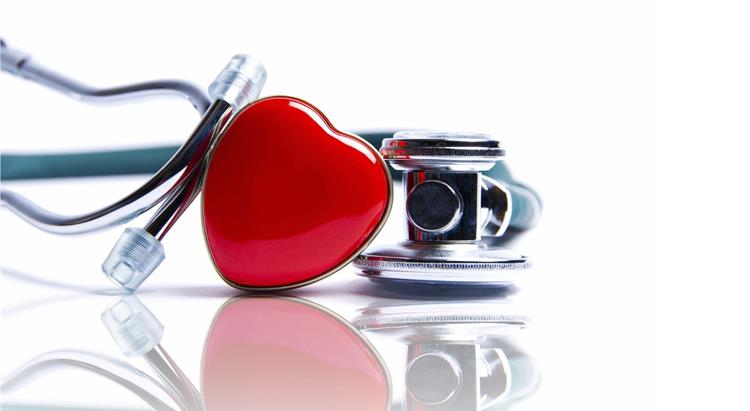15 December 2020

A report by Public Health England’s National Cancer Registration and Analysis Service has been published providing statistics on cancers in the Channel Islands from 2003 to 2016.
The report for Jersey shows that an average of 1,013 cancers were registered in the Island each year between 2012 and 2016 with two fifths of those being non-melanoma skin cancer (NMSC).
An average of 242 deaths due to malignant cancers were registered each year in the same period.
Other commonly registered cancers in Jersey include prostate cancer, breast cancer, and lung cancer with lung, prostate, and upper gastrointestinal cancer being the three main causes of death.
Among the findings, the cancer rates and death rates excluding NMSC, are found to be significantly higher in male Islanders.
When compared to England figures, Jersey showed lower rates of Leukaemia, brain, central nervous system, kidney, and ureter cancers.
Higher rates to the national average were found in head and neck cancer, malignant melanoma, and prostate cancer.
Minister for Health and Social Services, Deputy Richard Renouf said: “Cancer is a disease which will affect many Islanders and their loved ones and while it remains the leading cause of death in Jersey, many cancers can be prevented and treated through changes to lifestyle and behaviours.
“We are continuing to encourage positive changes in Islanders’ health and wellbeing and while some cancers may not be preventable, early identification through screening programmes remains the most effective way in reducing mortality. I would encourage Islanders to get themselves checked regularly.”
The full report can be found
here.